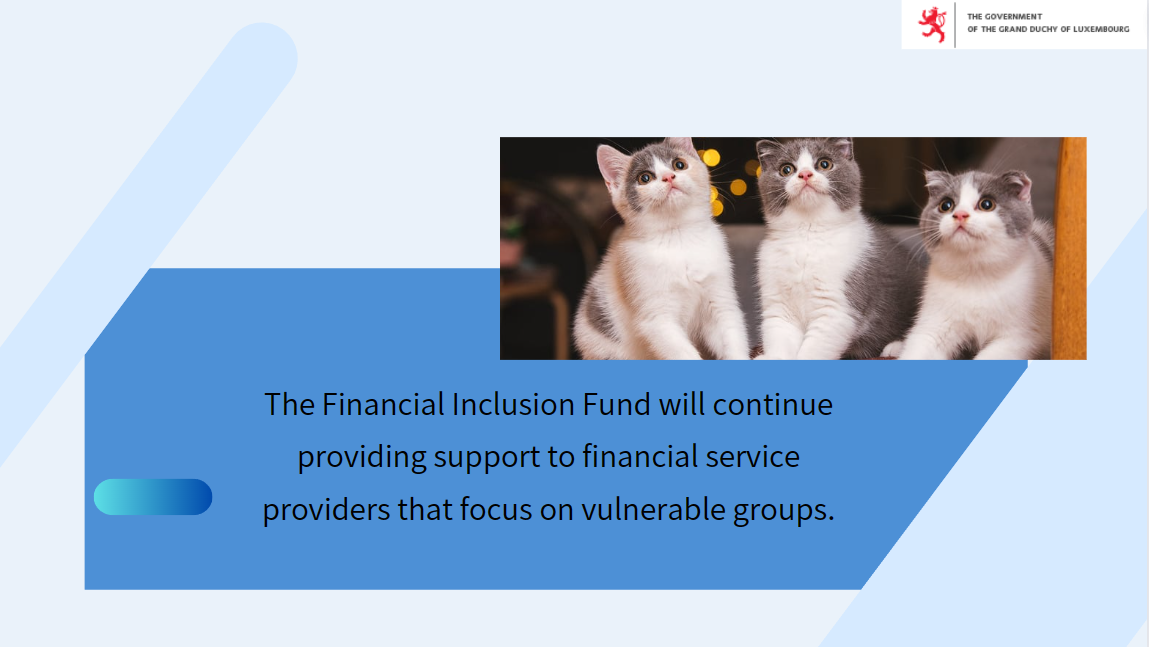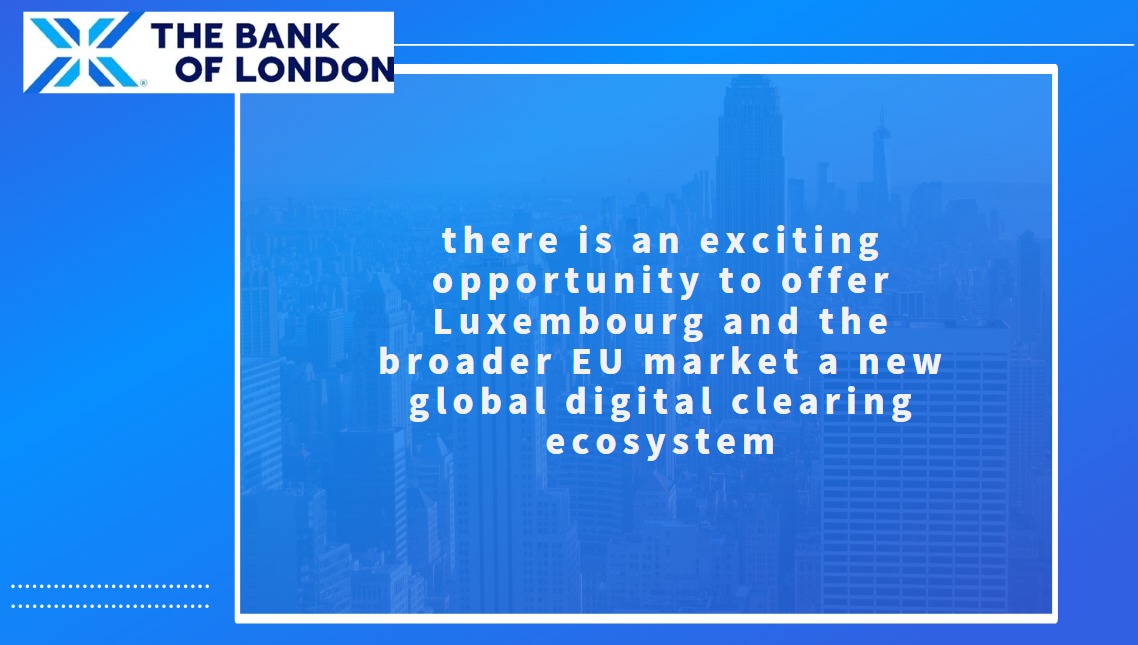LuxSE and GICE&SDGs join forces to strengthen sustainable finance education in India
The Luxembourg Stock Exchange (LuxSE) and the India-based Global Institute for Circular Economy Sustainable Development Goals (GICE&SDGs) are joining forces to strengthen sustainable finance knowledge and education in India, a significant step to foster the development of sustainable funding solutions in the world's most populous country.
As part of this partnership, Krÿstähl, a joint venture of GICE&SDGs and Sanshodhan, will facilitate access in the Indian market to the online courses on sustainable finance in capital markets delivered by LuxSE's LGX Academy.
The partnership covers both the regular courses organised by the LGX Academy twice a year, on the topics of the fundamentals of sustainable finance, debt products, standards and best market practices, as well as tailor-made courses addressing the specific needs of certain sectors or geographies.
“By enabling capital market participants in India to increase their knowledge of sustainable debt products and internationally recognised standards for such issuances, we strive to foster sustainable finance developments and mobilise more financing for sustainable investment projects in the region. We are delighted to collaborate with GICE&SDGs - Krÿstähl to better reach impact-conscious financial professionals in India and contribute to the transformation of the local financial sector,” commented Laetitia Hamon, Head of Sustainable Finance at LuxSE.
Spreading sustainability knowledge
Created in 2018, Krÿstähl offers training, advisory and certification services to public and private organisations from a wide range of industries in India and beyond. By joining forces with the LGX Academy, Krÿstähl adds to its offering a series of courses facilitated by the sustainable finance experts of the Luxembourg Green Exchange (LGX).
”We are enthused and glad to collaborate with LGX. The collaboration between Krÿstähl Academy and the LGX Academy is a great opportunity for industries, organisations, banks and investors in India and Southeast Asia to grow their ESG-based investment and green finance knowledge, to innovate in green fin-tech, to develop the economically beneficial mechanism to ease out import-export, and to climate-proof their businesses. In India, some of the latest policies, such as the draft on ‘Green Credit Programme (GCP)’ implementation rules 2023, and the gazette notification for Carbon Credit Trading Scheme 2023, opened new opportunities for businesses and investors to leverage green incentives. Collaborating with the LGX Academy will open up new avenues to gear up the sustainable finance ecosystem in India”, commented Dr Shalini Sharma, Director at Krÿstähl.
Specialised in Environment Social and Governance (ESG) matters, Krÿstähl has already supported over thousands of professionals from 78 countries in deepening their understanding of sustainability and aligning with industry trends and regulations, with the overarching goal of reaching environmental security for future generations.
Krÿstähl also assists organisations in ESG impact assessment and carbon market readiness and in analysing environmental and sustainability challenges, developing effective action plans and implementing transition strategies that cater to their specific requirements.
Broadening the sustainable finance agenda
Established in 2020 by LuxSE as an additional service provided by the LGX, the world’s leading platform entirely dedicated to sustainable securities, the LGX Academy offers sustainable finance courses to financial professionals and market participants from all around the world.
Through in-house, tailor-made or intensive courses, the LGX Academy has already helped hundreds of course participants enhance their knowledge of sustainable finance, thereby contributing to the mainstreaming of the market.
In line with LuxSE’s overall mission to support emerging markets in their transition towards more sustainable economies, the LGX Academy has provided several tailor-made courses to help local market participants and public entities gain the knowledge and skills needed to establish sustainable bond markets in several emerging economies, such as Cambodia, Sri Lanka or Cabo Verde.























































First, please LoginComment After ~